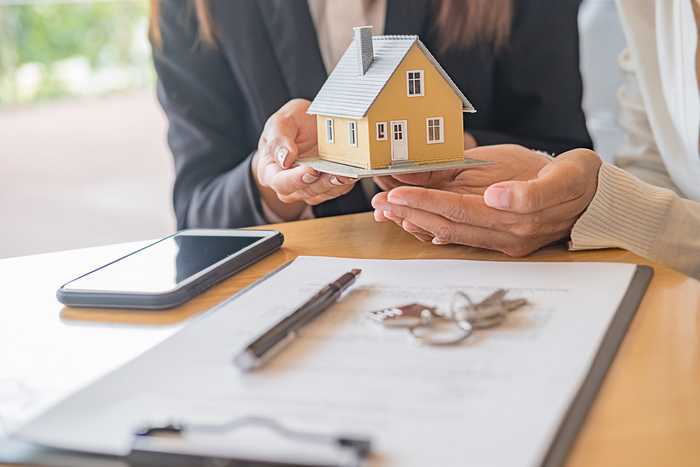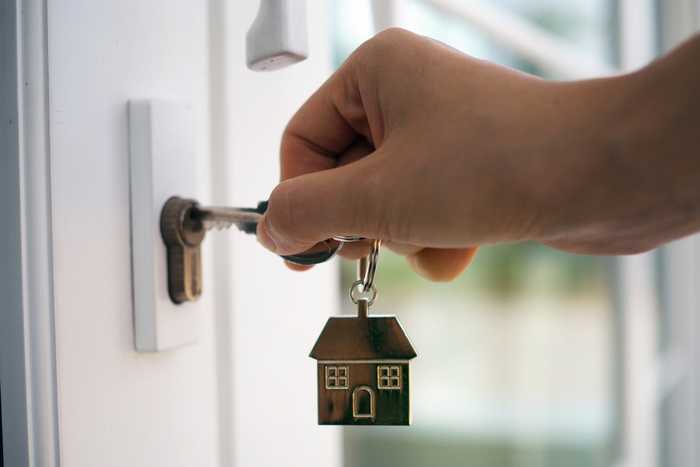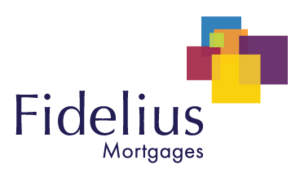Our complete guide to buy to let mortgages
If you’re looking to invest in property, we know it can be difficult to know where to start. Our guide will break down everything there is to know about buy to let mortgages, including deposits and what costs to consider.

This guide covers:
- What is a buy to let mortgage?
- How do I acquire a buy to let mortgage?
- What costs should I consider when acquiring a buy to let mortgage?
- FAQs
What is a buy to let mortgage?
A buy to let mortgage is a mortgage bought for the purposes of renting it out. This mortgage is ideal for those looking for an investment, whether for capital appreciation, rental yield, or both.
Equally, if you’re overseas and wish to purchase a property in the UK to rent out, then you’ll be looking to acquire a buy to let expat mortgage. This is different to a residential mortgage, which you purchase to live in yourself or for your UK-based family.
How do buy to let mortgages work?
Compared to residential mortgages, buy to let mortgages have several options to choose from when paying off your mortgage. Your options can either be capital and interest or interest only, with these both working differently.
What is an interest only mortgage?
Interest only mortgages typically have lower monthly payments, as you’ll only be paying the mortgage interest on the loan each month, not the capital. This will mean at the end of your mortgage term, you’ll either pay off the loan in full, sell the house or re-mortgage.
What are capital repayment mortgages?
For capital repayment mortgages, the monthly payments are usually higher as you’ll be paying off both the interest and capital each month. At the end of the mortgage, you can either carry on letting it out and keep all the profit yourself or sell the house and keep the money instead of using it to pay off your mortgage.
If you’re unsure which option will suit you best, working with a mortgage broker, such as Fidelius Mortgages, can help. They will be able to explain the differences to you in detail and suggest options which will suit your needs best.
Is it possible for an expat to get a buy to let mortgage?
Compared to permanent UK residents, it can be difficult to get a buy to let expat mortgage, but it’s not impossible. You’ll be in a much better position if you work with an expat mortgage broker, as they will be able to advise on the best lenders suited to your personal circumstances.

How do I acquire a buy to let mortgage?
Buying a home is expensive, and with buy to let mortgages, there can be lots of hidden fees to consider. Below, we’ve broken down what some of these are, including deposits, acceptable sources, and the costs to consider.
What deposit is needed for a buy to let mortgage?
You will need a deposit of at least 25% LTV (loan-to-value) for a buy to let mortgage. While some lenders will offer deposits as low as 20%, these rates tend not to be as favourable.
If you’re an expat looking to acquire a buy to let property, the minimum deposit you will need is 25% LTV.
How to get the best buy to let mortgage rate
As interest rates tend to be high on buy to let properties, putting yourself in the best position to get a lower mortgage rate is beneficial. Here are some of our recommendations:
- Traceable credit score
- A UK bank account
- A deposit of at least 25% LTV (loan-to-value)
- Proof of income streams
All of this is even more important for expats, as rates can be even higher than those offered to UK residents.
It's also recommended by mortgage advisors and brokers to fix your mortgage rate to ensure you're not at risk of increasing interest rates.
How do lenders check affordability?
To ensure you can afford to keep up with the repayments on a buy to let property, lenders will look at the interest coverage ratio (ICR), which is the ratio of gross rental income to mortgage interest repayments.
This means for a buy to let mortgage, the mortgage amount you can borrow depends on the rent you’ll be planning to charge and not on your salary. This can work in your favour if your buy to let property is in a great location as you can charge more rent, therefore you’ll be able to acquire a larger mortgage.
As each lender can have different ‘stress tests’, getting advice from a mortgage broker such as Fidelius Mortgages is important. A mortgage broker will work with you to ensure you’ve secured the right lender, for your property investment.
What is rental yield?
Rental yield is the return you’re likely to achieve on the property from rent. It’s a percentage figure calculated by taking the yearly rental income and dividing it by the total amount you’ve invested into the property.
What are acceptable deposit sources for buy to let mortgages?
Outside of funding your deposit from your own savings or the sale of another property, there are other options when it comes to collating your deposit, such as:
Using a gifted depositor
You can use gifted deposits from an immediate family member or someone who is not a close relation. It’s best to work closely with a mortgage broker, so they can ensure you meet your lender's requirements.
The equity in your home
You can consider borrowing against the equity in your home, this may require forms of security such as title deeds, guarantees and insurance policies.
Using personal loans
You can use unsecured loans as an acceptable deposit for a buy to let property, but you cannot use a personal loan to fund the entire cost of the property.
Investments
Using stocks, shares or capital held in the UK (or abroad) can also be accepted by many lenders.

What costs do I need to consider with a buy to let property?
Buying a home can be expensive with fees such as agent fees, mortgage advisers fees and bills all to consider. With buy to let mortgages, there are other ongoing fees you’ll need to be aware of, so you can recoup them when you rent out your property.
Some costs to consider are:
Landlord insurance
While there isn’t a legal requirement for you to have landlord insurance, most buy to let mortgages come with the condition that you have it in place for completion.
Management fees
You’ll need to pay someone to manage the property in your absence if you're overseas. This can be an estate agency or another person.
Service charges on property maintenance
Service charges are fees most landlords will pay to cover their share of the cost for maintaining the building. These can include things such as repairs to shared areas, roofs, external pipes, and drains.
Buildings insurance
Outside of landlord insurance, you’ll also need to have buildings insurance in place. If you’re renting out the property with furniture, it’s also worth having contents insurance added to the building’s insurance.
Income tax
Having a buy to let investment means you’ll need to pay income tax on rental income. How much you’ll need to pay depends on your personal circumstances and how much profit you make. Your profit is the amount left once you’ve added rental income and removed any expenses or allowances you can claim.
Capital gains tax
If you sell any asset to make a profit, including your buy to let property, you may need to pay capital gains tax (CGT), if you exceed your CGT allowance. You will need to declare any profit you make on the sale of your property on your self-assessment tax return at the end of the tax year.
Please note, we are not Tax Advisers, and you may need to refer to a Tax Adviser in relation to this.
Maintenance costs
All responsibility for any repairs or building costs will fall on you as the property owner, not on your tenants. This includes things such as heating and water systems and boiler repairs. This cost can add up if you own more than one rental property.
Stamp duty land tax
You'll need to pay stamp duty on properties and land over a certain amount in England and Northern Ireland. With buy to let properties, you’ll pay a surcharge on top of the typical stamp duty rates because it isn’t your main residence.
For those interested in expat mortgages there are other costs to consider.
FAQs for buy to let mortgages
- Can a first time buyer get a buy to let mortgage?
It is possible to get a buy to let mortgage as a first time buyer, but be aware that lenders may have stricter requirements. They may ask for a larger deposit or for a guarantor, as you won't have any previous experience in managing a mortgage.
- What is the maximum age lenders will lend to?
The minimum age for an applicant is 18 years old, but some lenders have set their own minimum lender age. For maximum age, it can vary, some lenders don’t even have a maximum age limit.
- Is it best to know the area where my prospective buy to let property is?
Before going ahead with your buy to let application, check out the area to avoid any financial losses. Check whether the area is popular amongst renters and your desired tenants.
Why Fidelius Mortgages?

We know how stressful buying a home can be, which is why at Fidelius Mortgages, our independent mortgage and expat mortgage brokers will be there at every step.
From getting you the best deal to liaising with solicitors, our experts aim to make the process as easy as possible because we believe in establishing a lifelong commitment to our customers.
Get in touch to book a consultation today with one of our mortgage brokers to discuss further.
Your home may be repossessed if you do not keep up on your mortgage repayments.
Posted on August 31st 2022

